Now the House has its own proposed bill against Apple and Google to vote for

You might recall that earlier this week we told you about a trio of bipartisan senators that introduced a bill named the "Open App Markets Act" that if passed into law (and there still is a long way to go) could force Apple to open up its walled garden and allow sideloading. The Act could give consumers more control over their devices, protecting their privacy and security.
A bill targeted Apple and Google's app stores was proposed in the House days after a similar bill was brought up in the senate
Eventually, the House of Representatives is going to need to bring up its own version of the bill if a new law is going to be passed. Today, Reuters reports that a bipartisan duo has proposed a similar bill. Democratic Representative Hank Johnson (GA) and Republican Representative Ken Buck (CO) teamed up to bring up the measure in the House. In an emailed statement, Buck wrote, "For far too long, companies like Google and Apple have had a stranglehold on app developers who are forced to take whatever terms these monopolists set in order to reach their customers."
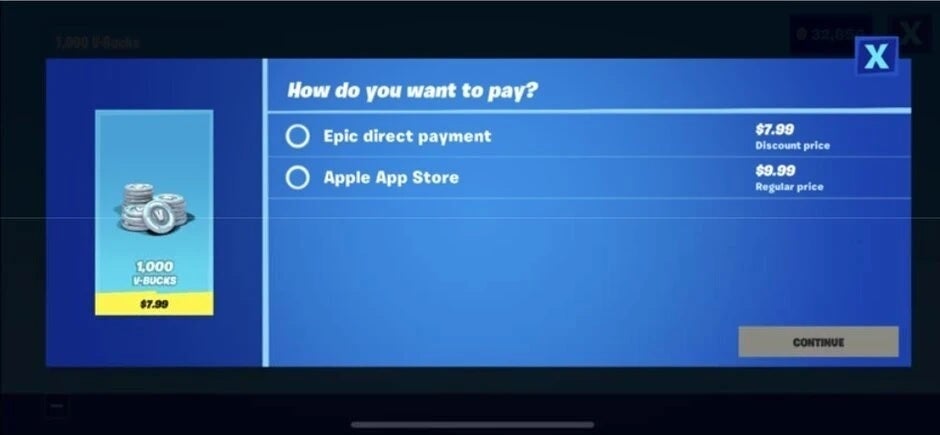
Apple and Google kicked Fortnite out of their respective app stores when developer Epic Games introduced its own in-app payment platform
Rep. Buck's office noted that U.S. consumers spent nearly $33 billion last year in mobile app stores. 13.4 billion apps were downloaded in 2020 according to the statement.
Both Apple and Google take up to a 30% cut of in-app payments and force developers to use their respective in-app payment platforms. Developers who try to get consumers to use their own payment platforms (thus saving money for consumers) could have their apps removed from the App Store or Google Play Store. This is what happened to Epic Games and its smash hit Fortnite when the developer offered its own in-app payment platform on its website and both Apple and Google kicked Fortnite out of the App Store and Google Play Store, respectively.
Defending its App Store for economic reasons, Apple has previously stated that its iOS app storefront is "an unprecedented engine of economic growth and innovation, one that now supports more than 2.1 million jobs across all 50 states." As for Google, it needs to be pointed out that unlike iPhone users, who can only access and install third-party apps from the App Store, Android users are allowed to sideload apps from third-party app stores.
Lawmakers have been calling tech giants like Apple, Google, Amazon, and Facebook anticompetitive
Google says that Android handsets often have two or more app stores preloaded. That didn't stop the House Judiciary Committee from passing six antitrust measures in June that focused on some of the biggest names in tech including Google. Other firms included in the measures were Apple, Amazon, and Facebook. One of the House bill's writers, Rep. Buck, happens to be the top Republican on the House Judiciary Committee antitrust panel.
As the smartphone market has matured, Apple has turned to its Services unit to squeeze out additional revenue from the more than 1 billion iPhone units worldwide that are still active. The App Store is part of the Services unit that also includes Apple Music, Apple Care+, Apple Arcade, Apple Card, iTunes, and more. In fiscal 2020, Services brought in revenue of $53.8 billion for Apple.
Last month, one report forecast that Apple Services will outperform the iPhone by 2024. Services revenue will grow at an 11% annual rate (down from the recent 22% annual growth that the unit enjoyed) while iPhone sales will grow only 5% per year over the next five years.
If both the House and Senate pass their respective versions of the bills, both sides will meet to hash out the differences. The final version of the bill will then be voted on by both chambers and if passed by both, on to the White House it goes for the president to sign.
Follow us on Google News

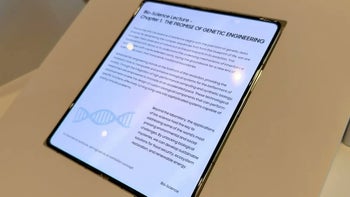




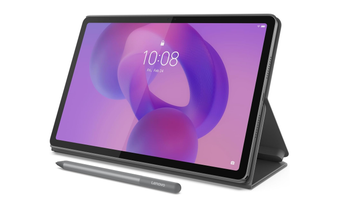


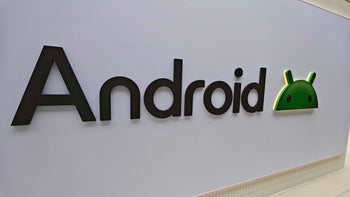
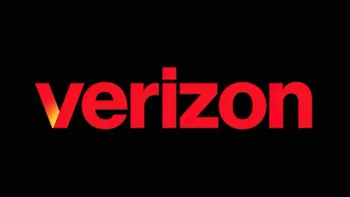

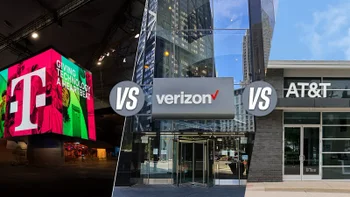
Things that are NOT allowed:
To help keep our community safe and free from spam, we apply temporary limits to newly created accounts: